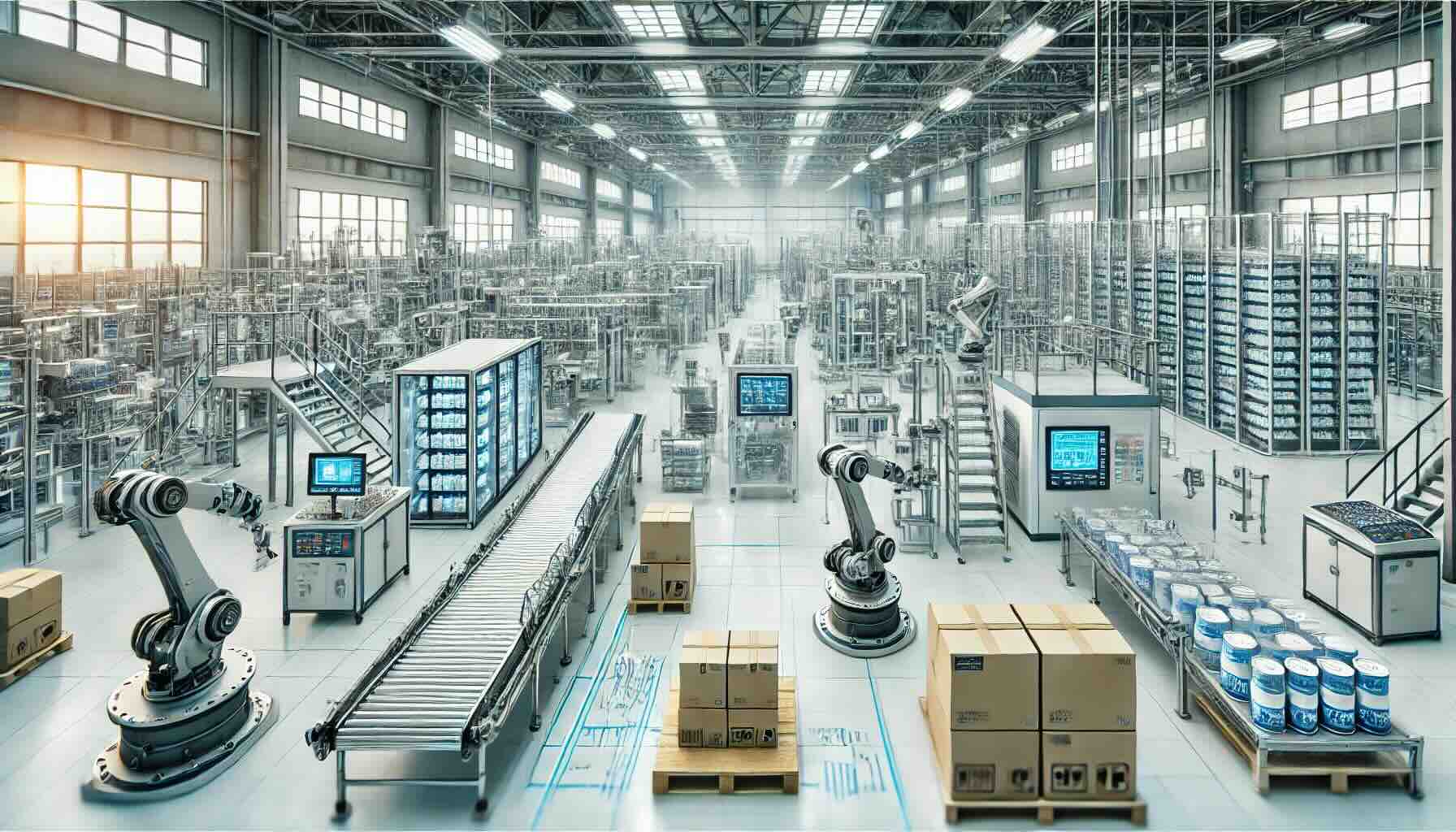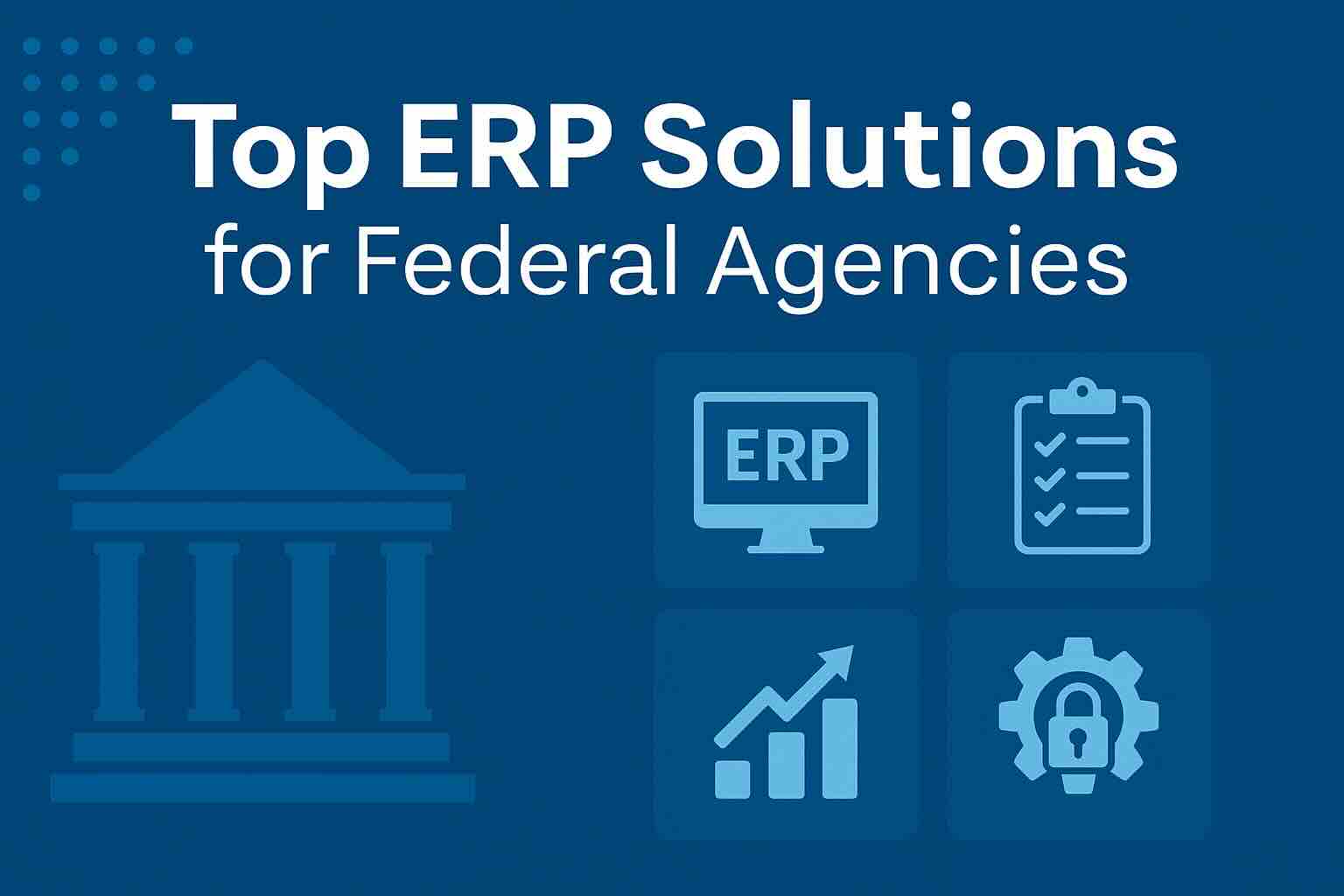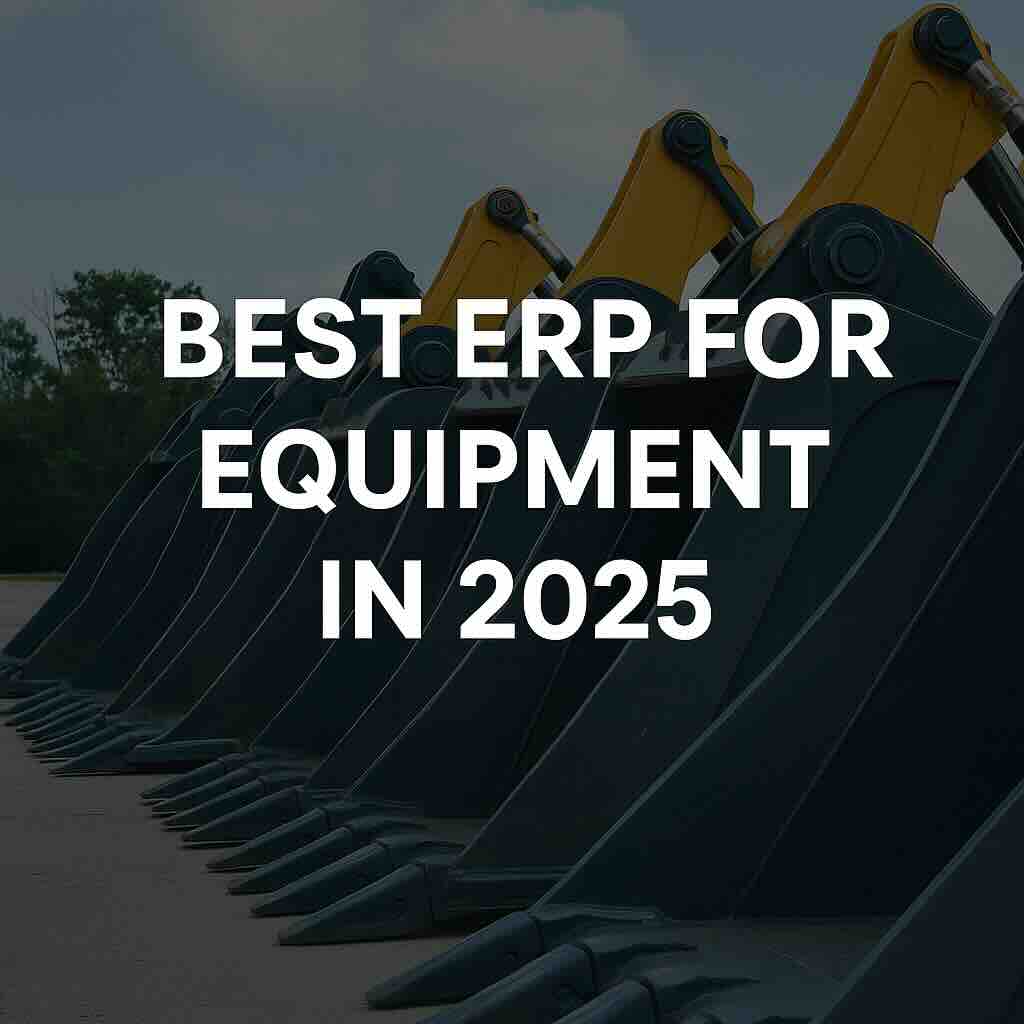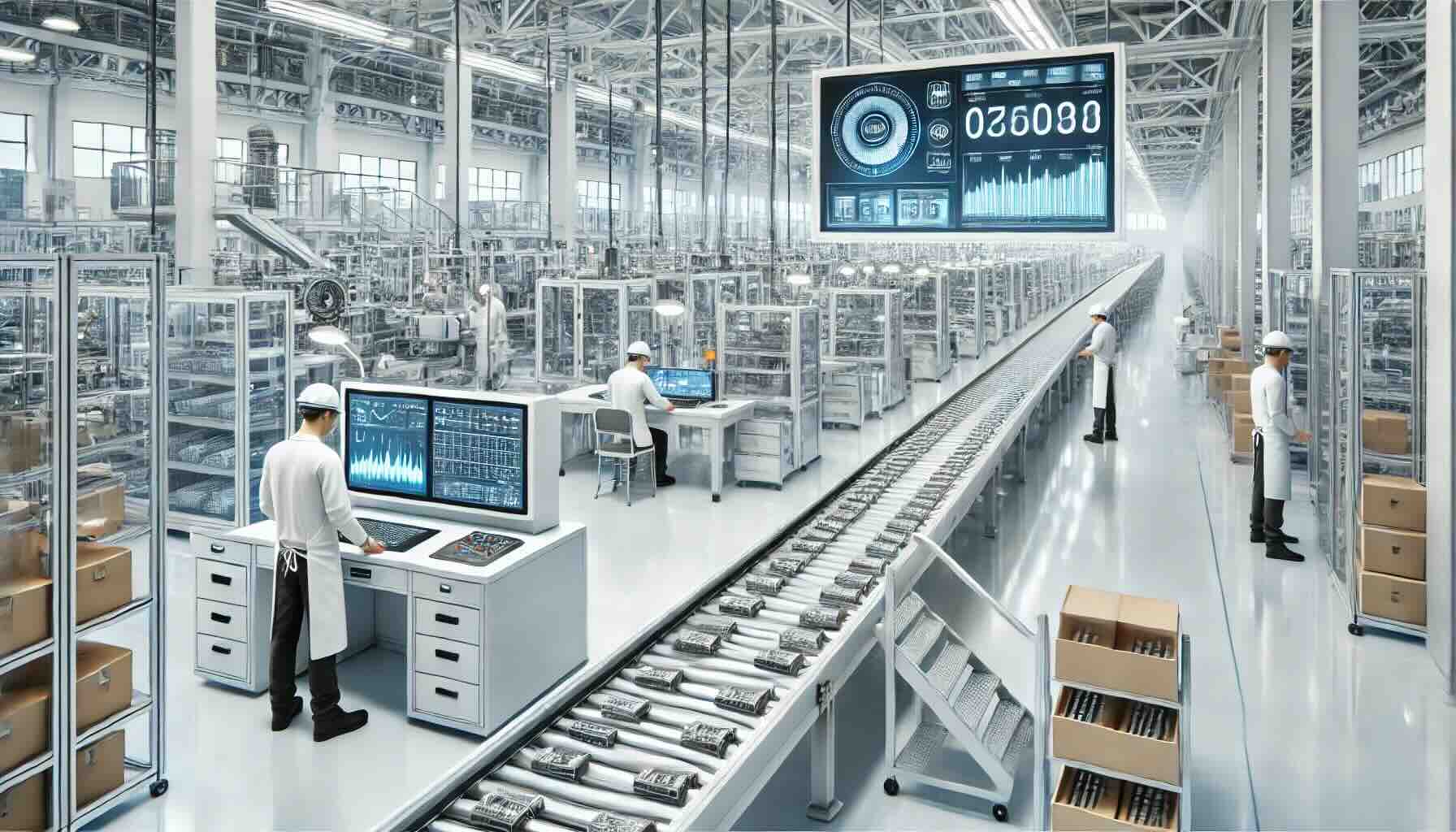Is Infor a Good Choice for Consumer Goods Businesses?

Consumer goods companies face intense competition and dynamic market trends, which demand agility, efficiency, and innovation. To stay ahead, businesses need robust Enterprise Resource Planning (ERP) systems that cater to the unique challenges of the industry. One ERP solution that has gained traction is Infor. With a range of industry-specific functionalities, Infor has positioned itself as a potentially strong choice for consumer goods businesses. But is it the right fit? This article explores the pros and cons of using Infor for consumer goods, highlighting its features, benefits, and potential drawbacks.
What Makes Infor Unique for Consumer Goods?
Infor is an ERP solution designed to cater to various industries, including consumer goods, by providing tailored functionalities and industry-specific modules. The company’s flagship products, such as Infor CloudSuite, Infor M3, and Infor LN, have become popular choices for businesses looking to streamline their operations. Here are some key reasons why Infor might be appealing for consumer goods companies:
Industry-Specific Functionality
Infor offers ERP solutions that come with built-in industry-specific functionalities, which means consumer goods businesses don’t need to heavily customize the software to meet their unique requirements. For example, Infor’s CloudSuite for Food & Beverage or CloudSuite Fashion caters directly to the needs of specific sub-sectors within consumer goods. These solutions offer support for regulatory compliance, recipe management, supply chain optimization, and product lifecycle management.
Integrated Supply Chain Management
One of the critical challenges in the consumer goods industry is managing the supply chain efficiently, particularly in an environment where speed and accuracy are vital. Infor’s ERP systems come with advanced supply chain management capabilities, including demand planning, inventory optimization, and supplier collaboration. With real-time data and analytics, businesses can make better decisions, reduce waste, and improve overall supply chain visibility.
Cloud-Based Architecture
Infor’s cloud-based solutions enable businesses to operate more flexibly and cost-effectively. Since the ERP is hosted in the cloud, companies can easily scale their operations up or down based on demand without incurring substantial upfront costs in hardware. The cloud architecture also allows for continuous software updates, which means companies always have access to the latest features without disruptive upgrades.
User-Friendly Interface and Analytics
Infor places a significant emphasis on user experience, offering a modern, intuitive interface. Tools like Infor Birst provide advanced analytics capabilities, allowing consumer goods companies to leverage data-driven insights for better decision-making. Businesses can track key performance indicators (KPIs), analyze customer behavior, and predict market trends, giving them a competitive edge.
Flexibility in Deployment Options
Infor supports a variety of deployment models, including on-premises, cloud, and hybrid solutions. This flexibility is beneficial for consumer goods companies that may have existing legacy systems or unique IT requirements. Companies can choose the deployment model that best aligns with their IT strategies and business needs, ensuring a smoother transition and integration.
Key Benefits of Infor for Consumer Goods
Infor’s tailored approach to ERP for consumer goods businesses comes with several advantages:
Improved Demand Planning and Forecasting
Infor’s demand planning features enable companies to predict future demand accurately, reducing instances of overproduction or stockouts. Accurate forecasting helps companies balance supply with consumer demand, minimizing excess inventory costs and maximizing customer satisfaction.
Enhanced Product Lifecycle Management (PLM)
For companies in industries like fashion, food, or electronics, managing the product lifecycle efficiently is crucial. Infor’s PLM features support the entire product development process, from ideation and design to manufacturing and distribution. This holistic approach ensures faster time-to-market and helps companies stay ahead of consumer trends.
Regulatory Compliance
Consumer goods companies often face stringent regulatory requirements. Infor’s ERP solutions help businesses maintain compliance by integrating regulatory controls directly into their workflows. This ensures that all processes, from production to distribution, adhere to industry regulations, thereby reducing the risk of penalties and recalls.
Scalability and Cost Efficiency
The cloud-based nature of Infor’s ERP solutions allows consumer goods businesses to scale their operations easily. As business needs grow, companies can add new functionalities or expand their usage without significant additional investment in IT infrastructure. This scalability ensures that businesses only pay for what they use, making it a cost-effective choice.
Potential Drawbacks of Infor for Consumer Goods
While Infor presents many benefits, there are potential downsides that companies should consider:
Complexity in Implementation
Due to the comprehensive nature of Infor’s ERP systems, implementation can be complex and time-consuming, especially for large enterprises with extensive legacy systems. Companies may require experienced consultants to ensure a successful deployment, which can drive up costs and implementation timelines.
Customization Limitations
While Infor provides industry-specific functionality, businesses with highly specialized needs may find the built-in features limiting. Heavy customization can add to the cost and complexity of the deployment. Companies should assess whether Infor’s out-of-the-box features are sufficient for their unique requirements.
Vendor Lock-In Risks
As with many ERP systems, companies may face challenges if they decide to switch from Infor to another provider down the line. The proprietary nature of Infor’s software and data structures could make it difficult to migrate data and systems to a new platform, potentially leading to vendor lock-in.
Training and Change Management
Adopting a new ERP system, especially one as comprehensive as Infor, requires adequate training and change management. Employees may need time to get used to new workflows, which could temporarily impact productivity. Businesses should plan for a thorough training program to minimize disruptions.
Is Infor the Right Choice for Your Consumer Goods Business?
Infor offers a robust ERP solution that addresses many of the critical challenges faced by consumer goods companies. Its industry-specific functionalities, advanced supply chain capabilities, and flexible deployment options make it a strong contender. However, businesses need to weigh these advantages against potential drawbacks, such as implementation complexity and customization limitations.
Ultimately, the decision to implement Infor for consumer goods depends on the specific needs and resources of the business. Companies with complex supply chains, stringent regulatory requirements, and a focus on innovation may find Infor to be an excellent fit. However, businesses with niche requirements or limited budgets may need to explore other options or prepare for a more intensive customization process.
In conclusion, Infor provides a comprehensive ERP solution for consumer goods businesses, but careful consideration of its features, benefits, and challenges is essential for ensuring a successful implementation. Click this link to find out more about Infor.
Ready to take the next step? With our AI-powered Compare ERP tool, you can effortlessly explore and compare solutions tailored to your unique business needs. It’s free to use, and you’ll receive a guaranteed discount on your first year’s license fees with a referral from Compare ERP. Take the first step toward streamlining your processes and boosting productivity and start comparing today!









